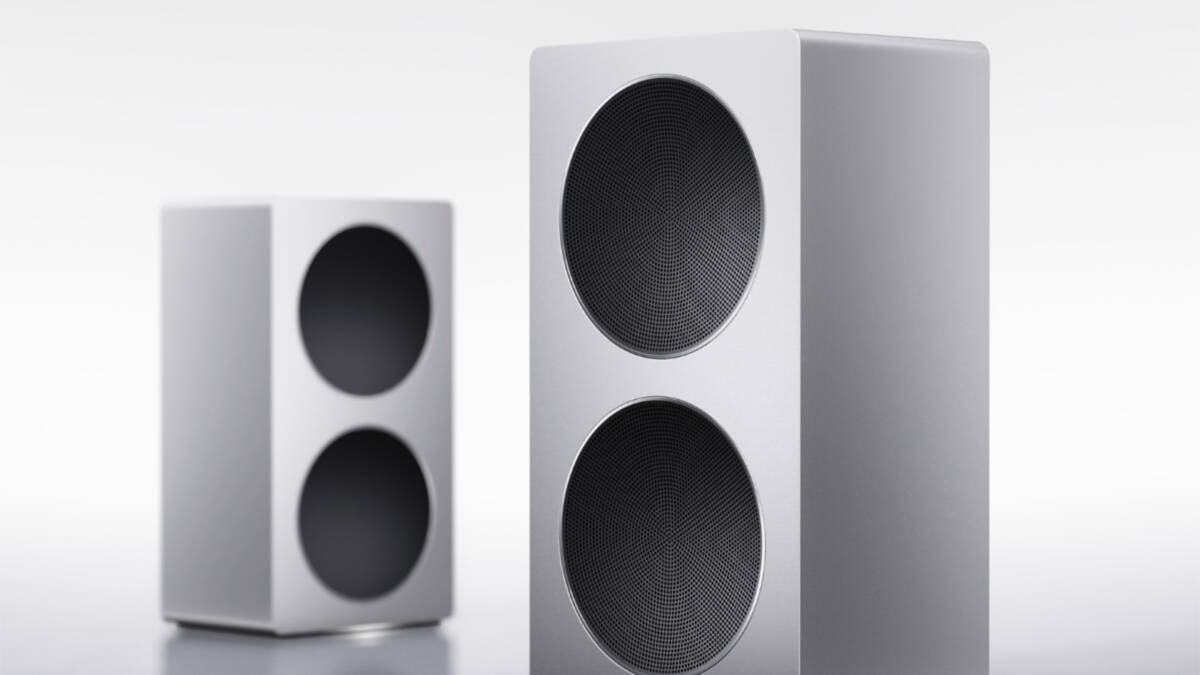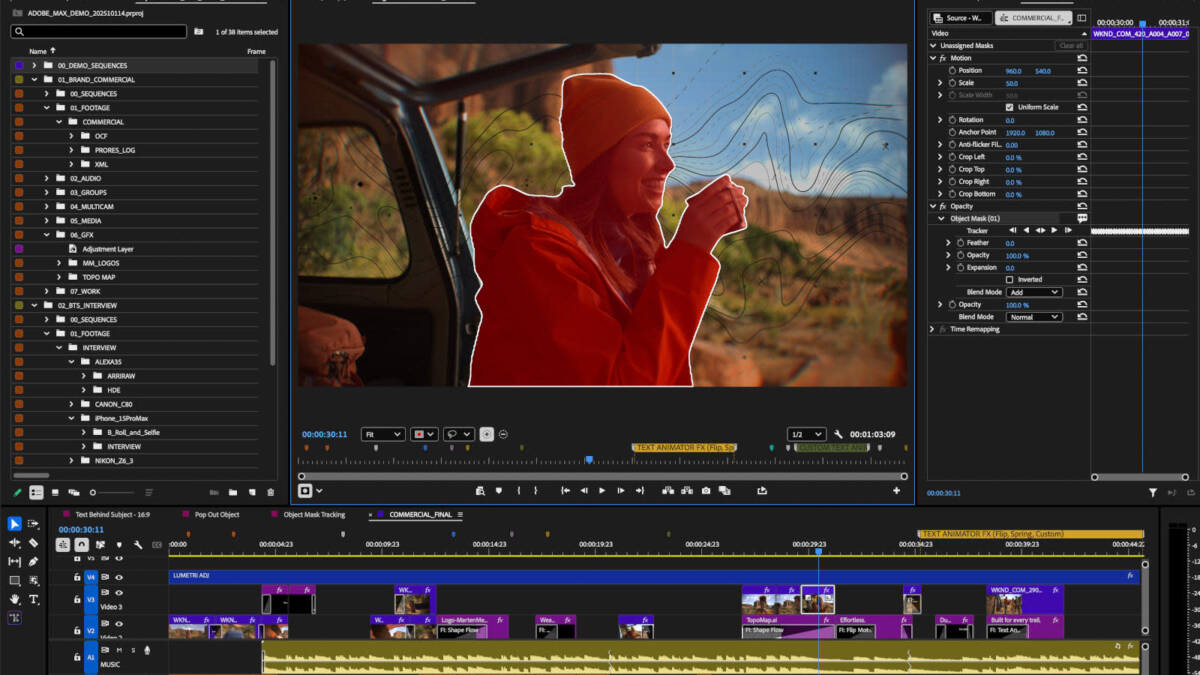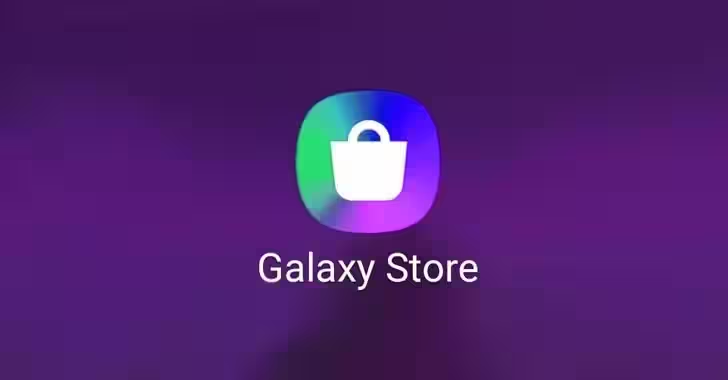Apple will end support for Rosetta 2 after the release of macOS 27
Apple has announced that it will end full support for Rosetta 2 in a future version of macOS 28. The technology, which enables applications built for Intel processors to run on computers with Apple Silicon chips, will remain available in a limited form – exclusively for older games that depend on the Intel architecture.
Intel app support will end in macOS 27
Rosetta 2 was introduced with the first Apple Silicon-based Macs as a temporary solution for the transition from x86 to ARM architecture. It automatically translates application instructions written for Intel processors into a format compatible with Apple’s chips. The company emphasized that Rosetta 2 remained an important tool for developers to complete the migration of programs to the new platform.
Apple has now officially confirmed that Rosetta 2 will only be available in its entirety up to and including the release of macOS 27. With the release of macOS 28, only a portion of Rosetta’s features will remain, intended to support “older, unsupported game projects built on Intel frameworks.”
Apple has now officially confirmed that Rosetta 2 will only be available until macOS 27 inclusive.
So developers who haven’t yet completed the migration to ARM should be able to adapt their apps before the new version of macOS arrives next year.
macOS Tahoe will be the last system for Intel computers
Apple also confirmed that macOS Tahoe will be the last desktop operating system release to support Intel-based computers. Users of such devices will continue to receive security updates for the next three years.
The list of compatible models with macOS Tahoe among Intel-based computers includes:
A list of Intel-based computers that are compatible with macOS Tahoe includes:
- 16-inch MacBook Pro (2019)
- 13-inch MacBook Pro (2020, with four Thunderbolt 3 ports)
- 27-inch iMac (2020)
- Mac Pro (2019)
So the end of the Intel era in Apple’s ecosystem is reaching the finish line. The company continues its strategic shift to fully unify its hardware architecture for its own chips.
The Apple will end support for Rosetta 2 after macOS 27 was first published on ITZine.ru.








